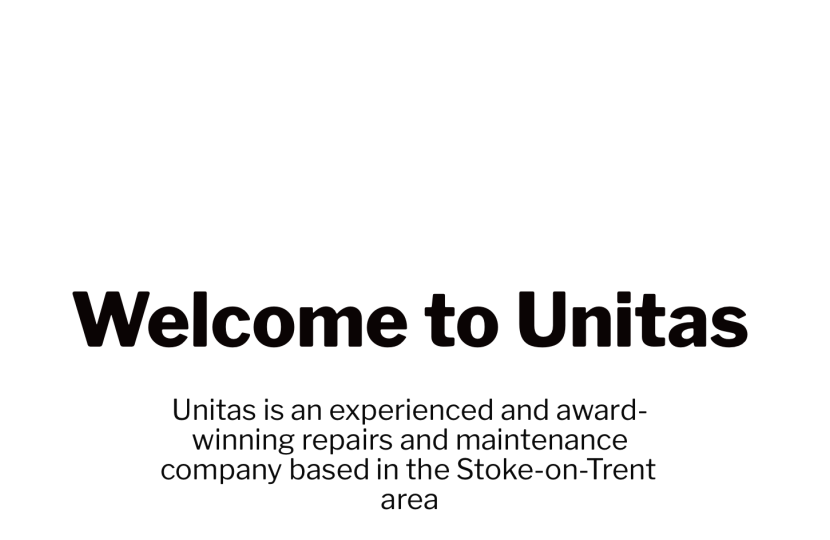
At the end of July, the Labour administration at the City Council approved a report entitled 'Maintenance and Investment in Council Housing.'
The report is confidential, even though it will impact over 17,500 homes and an estimated 32,000 residents. You cannot read what the Labour Party plans to do with council properties in detail. However, we know that the report resurrects the old City Works Department.
It hands back the control of housing repairs directly to the City Council—in other words, the death of Unitas. There is a reason the old City Works Department—a council department responsible for council house maintenance—was dissolved sixteen years ago. It was no good and cost the council a fortune. The mistake was that Keir-Stoke—its predecessor—was no better. The council still held too many strings.
The successor to Keir-Stoke, Unitas, was set up only a few years ago with the best intentions. It is a private company, though wholly owned by the council, meaning the council still holds too many strings, contributing to the company's problems. Council bureaucrats still have too much say, which stifles creativity and ambitions for the company to succeed.
Those with socialist tendencies will welcome and champion the decision to bring council house maintenance back into direct state control. However, ask yourself these questions.
Does the council do a good job repairing a pot-hole or keeping the gullies clear?
Would you trust the council to come into your home and change a light bulb or repair a squeaky door? How many council staff would it take?
There's a joke in the making there.
So, anyone who believes that the council is best to carry out the fundamentals of home maintenance and repairs must believe that the current supply of other frontline services is such a gold standard that the council has the skills to branch out. One little-known key reason for the failures of the previous two ventures was working practices. We have all seen the queues of white vans outside council properties, often with the employee sitting inside the van.
The culture of the old City Works Department shifted into Keir-Stoke. Unitas then saw the wholesale transfer of employees from Keir-Stoke, along with their working practices and culture. The Labour Council's decision to bring it back transfers the same staff, working practices, and culture to the City Council.
Meet the new City Works, same as the old one.
The council ended the City Works Department in 2008. So, in sixteen years, the council is back where it started. The Labour Council needs to ask council tenants what they'd like regarding the maintenance and repairs of their homes. This decision is ideological and not based on facts or the wishes of those it will impact. The Labour Council's figures state that Unitas has an 83% satisfaction rate, a rate that the City Council could only dream of having.
There is the potential for this decision to go wrong. Currently, if Unitas overspends on a repair, it means less profit for the company. If the council overspends, it means higher council tax. Unitas has its failings, primarily due to the twin issues laid out here: too much council control and inefficient working practices and culture.
However, the answer is to refrain from bringing decisions on repairs back under the council's direct control. We want to improve the repairs and maintenance of our social housing. The answer is that the council should allow private and local companies to tender for the work. You can even give different companies different estates for which they would be responsible, encouraging competition and driving up standards. Other councils do this with great success.
Stoke-on-Trent has a history of wanting the council to do more. And then we all complain when the standard is below what we expect and deserve. The answer is not more council control; it is less.




